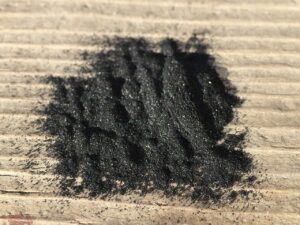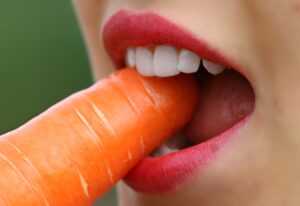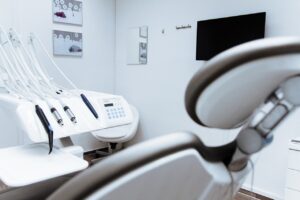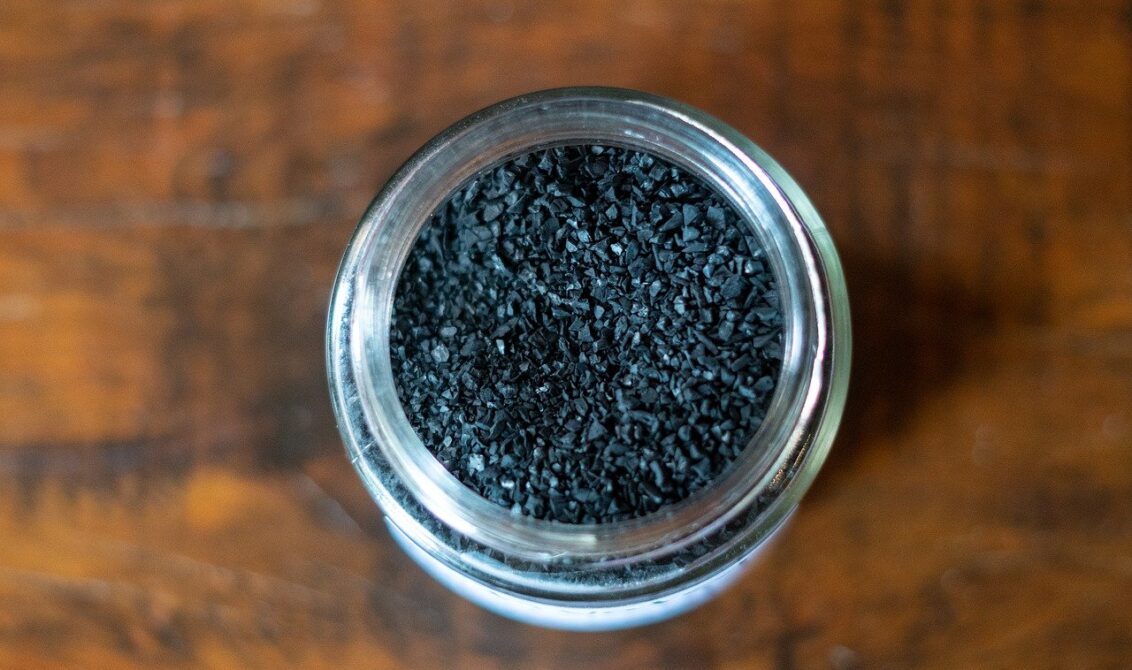The usage of charcoal toothpaste is to whiten your teeth and freshen your breath by removing plaque and acidity in your mouth. It has been used in dental care and has been utilized since the 20th century. Here are some of the benefits and risks by Dr. Akshima Sahi from Newsmedical. We also wanted to share another article by Boundless Media Inc. from Einpresswire because we believe that it will be beneficial to our readers. – the HHN Team
What is Activated Charcoal?
Charcoal toothpaste contains activated charcoal which has increased surface area compared to plain charcoal. This gives it higher adsorptive power, and makes it capable of removing much of the unwanted substances adherent to the tooth surface. This property makes its use more beneficial in comparison to conventional charcoal as a tooth cleansing agent.

How is Activated Charcoal Used in Dentistry?
The use of activated charcoal started during the 20th century and was mostly recommended for tooth whitening purposes only. Activated charcoal is typically derived from the fine carbon powder obtained from burnt coconut shells, olive pits, coal, sawdust or bone char. The charcoal is passed through high heat which activates it by altering the inner structure of the charcoal, thereby making it highly porous. Chemical activation is typically preferred to the above heat processing, being more efficient and rapid.
Activated charcoal is negatively charged, which increases its tendency to attract positively charged molecules towards it, such as tooth stains and plaque. Some observational studies have revealed that activated charcoal exhibits the ability to adsorb accumulated plaque over the tooth surface. Activated charcoal also has an exceptional ability to attract other compounds which are responsible for extrinsic staining of the teeth. This property of removing harmful components is because of the adsorbing nature of activated charcoal.

Oral Health Benefits of Activated Charcoal
Removes superficial stains and makes the teeth appear whiter
Extrinsic stains slowly accumulate on the outermost part of the tooth structure, referred to as enamel. These gradually developing stains are due to certain substances present in caffeine, wine, smoking and some stain-producing foods. These stains affect the overall aesthetic appearance of the teeth. Activated charcoal adsorbs these extrinsic stains and result in increased overall whitening of teeth. However, activated charcoal toothpaste fails to adsorb intrinsic or internal stains. Brushing teeth with charcoal toothpaste should not be regarded as a tooth whitening or bleaching process. The process of chemical tooth whitening works by a different mechanism and can remove internal stains.
Removes accumulated plaque and freshens the breath
Research has revealed that activated charcoal helps to push up the pH level of the oral cavity primarily because it can bind with acidic components. It also results in accelerated removal of acidic compounds from the mouth. Thus activated charcoal helps to remove plaque and results in relieving bad mouth odor, referred to as halitosis.

Risks of Charcoal-Based Toothpaste
Recently, the American Dental Association (ADA) has released many warnings against usage of charcoal toothpaste. One prominent warning is based on the known abrasive property of charcoal toothpaste which poses a threat to the outermost covering of the tooth, known as enamel. The high abrasive nature of this toothpaste erodes the enamel, leading to exposure of the inner layer known as dentin. Once the dentin is exposed it leads to dental complications such as tooth sensitivity.
Generally, an effective toothpaste must contain 1350 to 1,500 parts per million (ppm) of fluoride to protect the teeth against decay. Most toothpastes authorized by the ADA contain this fluoride ppm ratio. However, it has been observed that activated charcoal toothpaste lacks the recommended fluoride content, and thereby may pose a risk to dental health.
There is much ongoing research on the safety and effectiveness of activated charcoal-based oral products. Currently, activated charcoal is regarded as hype as far as scientists are concerned, as there is a lack of clinical trials or studies which support the benefits of charcoal toothpaste.
In a nutshell, some risks posed by charcoal toothpastes are:
- Dental erosion: An irreversible loss of the tooth structure may occur with overuse of charcoal toothpaste. Dentin loss increases the risk of dental problems such as accumulation of stains, dental sensitivity due to exposure of dentin, and gingival recession. Its long-term use can result in sensitivity to both hot and cold foods
- Once the dentin is exposed, the risk of caries increases
- Charcoal can also gradually settle in between the gums, leading to other complications like inflammation and trauma to the gums
Celebrity Dentist, Dr. Jay Grossman, Partners with Grind Oral Care to Disrupt the toothpaste Aisle, for Good
Dr. J is a celebrity dentist and the Founder and Executive Director of Homeless Not Toothless (HNT). A 501(c)(3) nonprofit dedicated to providing free dental care to Veterans, homeless, foster youth, and low-income persons in Los Angeles. To date, the HNT has served 102,000+ patients, with donated treatment valued at over $7.7M. Currently, HNT provides care to more than 15,000 people each year and has more than 1,000 patients on a waiting list.
Dr. J’s partnership with Grind is revolutionary. Grind was launched with a mission to inspire people through everyday products, while giving back. That said, Grind has committed to donating 25% of all net profits to HNT to help them expand their services across the nation.
Grind is a one-of-a-kind lifestyle toothpaste brand that goes beyond the paste. They turn boring commodities into innovational and inspirational products. All with a mission to support the Veteran community.
Grind’s first toothpaste goes where no toothpaste has gone before. Unlike all other toothpastes, Grind combines two natural fluoride alternatives in leu of fluoride… to go above and beyond “fluoride-free”.
According to Dr. J:
“As a dentist on the national stage I am very cautious about representing a product. I take significant time and research to ensure that if I do indeed like a product, it must past several steps. I have been on a quest for well over a decade for an “ideal” toothpaste; one that would be embraced by those pro and against fluoride, yet providing protection to the teeth, a toothpaste that tastes great, whitens your teeth, and most importantly, has a very low RDA (relative dentin abrasion) score. Grind toothpaste has an RDA score of 79, out of an upper limit approved by the ADA of 250, making Grind one of the least abrasive toothpastes on the market.”
In the simplest terms, Grind reinvented charcoal toothpaste (for good). The Dentist Recommended Charcoal Toothpaste!
The Grind has commenced. Rise. Grind. Repeat.
